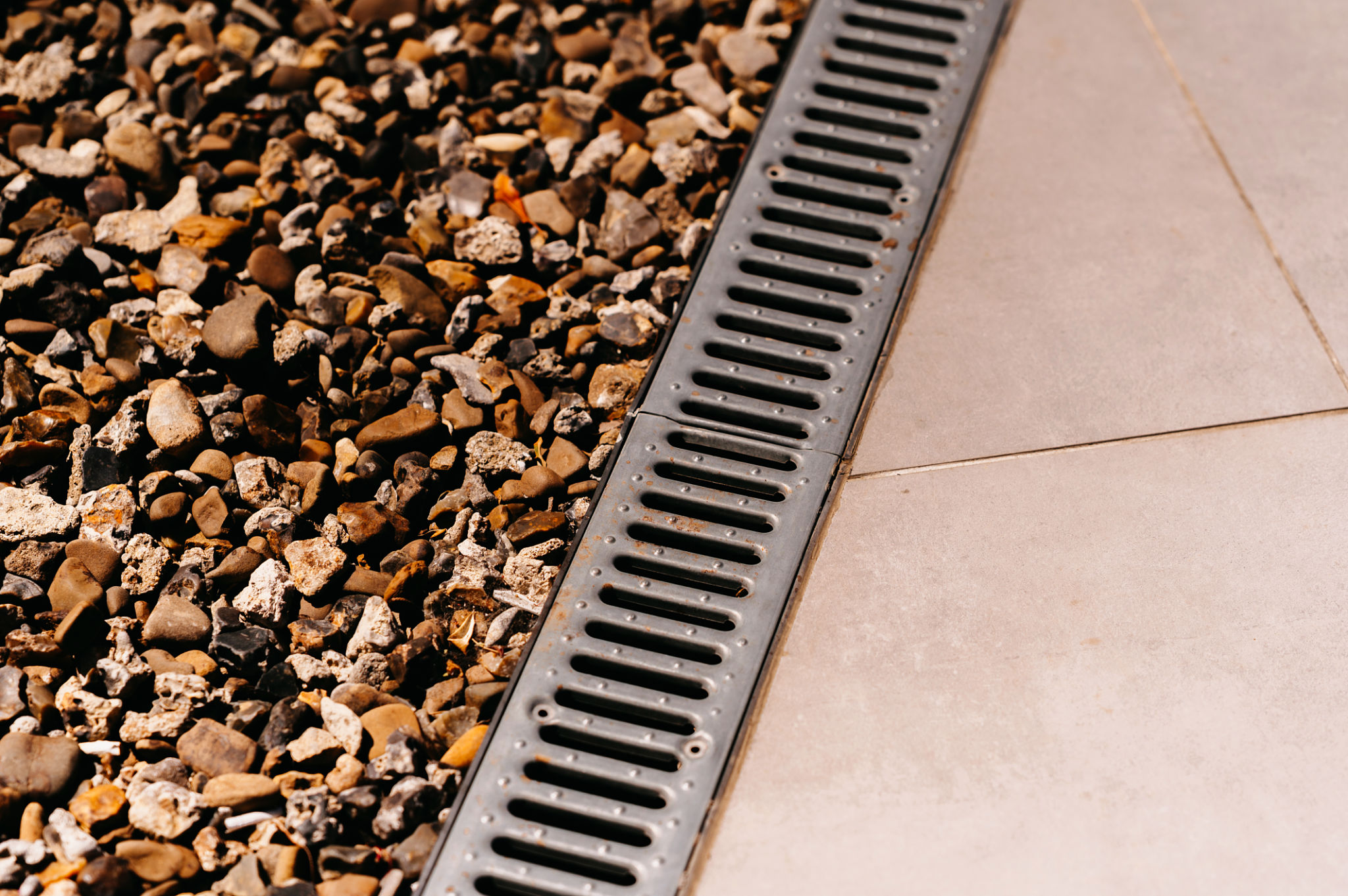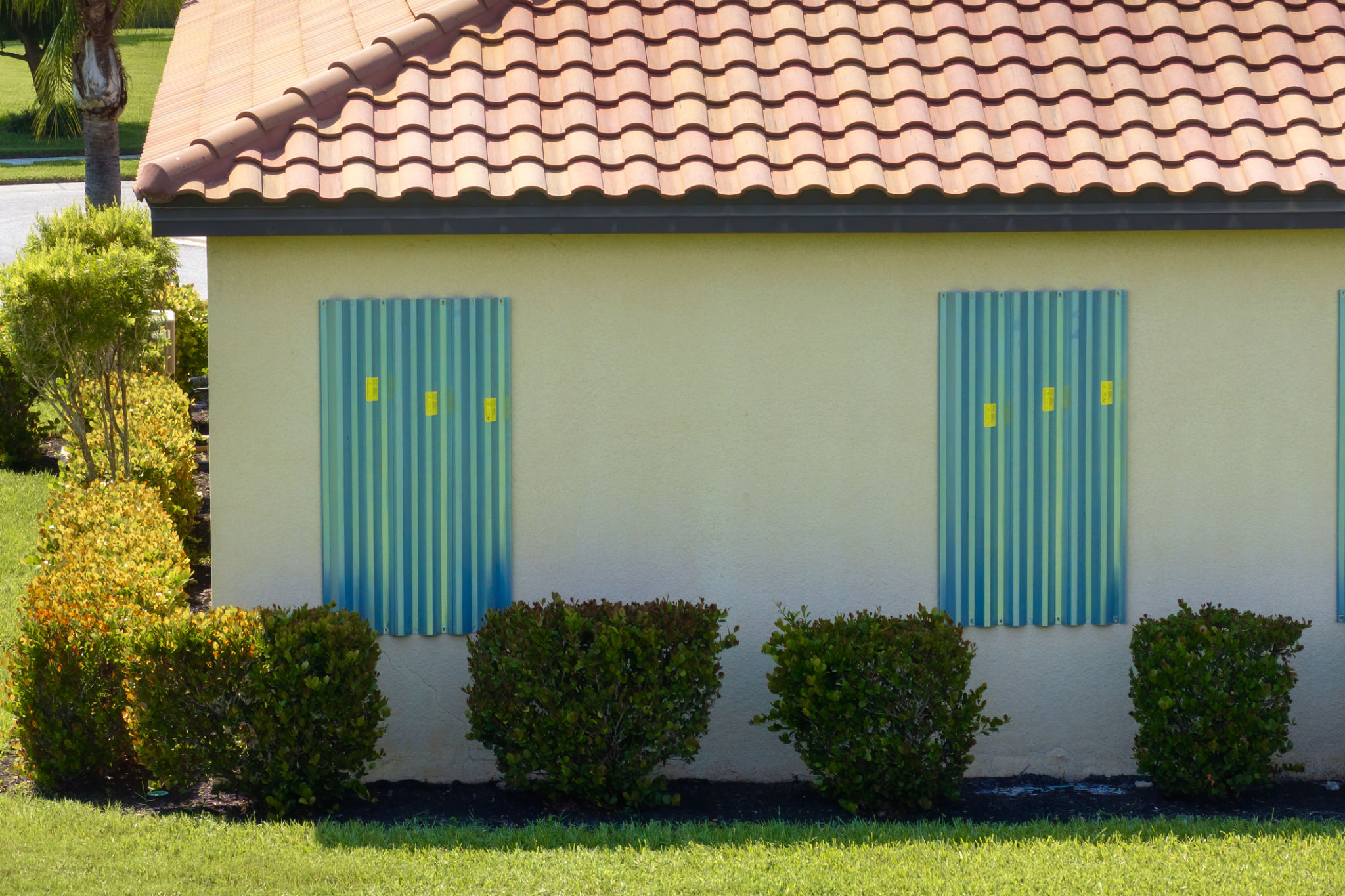Preparing Your Hawaii Property for the Rainy Season: Essential Equipment and Tips
Assess Your Property's Vulnerability
Hawaii's rainy season can bring heavy downpours, making it essential for homeowners to prepare their properties adequately. Start by assessing your property's vulnerability to rain and flooding. Examine the landscape and identify any areas where water tends to collect. Pay close attention to slopes and drainage paths that could direct water toward your home.
Consider conducting a professional inspection to identify potential weak spots such as cracks in the foundation or roof. This proactive approach can help prevent water damage and costly repairs in the future.

Ensure Proper Drainage
Proper drainage is crucial in preventing water buildup around your property. Ensure that gutters and downspouts are clear of debris and function efficiently. Install gutter guards to reduce maintenance and prevent blockages. Position downspouts to direct water away from the foundation.
For properties with significant water runoff, consider installing French drains or swales to channel water away from crucial areas. These systems can effectively manage excess water, protecting your home from potential flooding.

Check and Repair Roofing
Your roof is the first line of defense against rain. Regularly inspect it for missing, damaged, or loose shingles. Address any issues promptly to prevent leaks. Consider applying a waterproof sealant to enhance the roof's resistance to heavy rain.
If your roof is nearing the end of its lifespan, it might be time to consider a replacement. Investing in a high-quality, durable roofing material will provide peace of mind during the rainy season.
Protect Windows and Doors
Windows and doors are potential entry points for rainwater. Ensure they are properly sealed and weather-stripped to prevent leaks. Check for gaps or cracks in caulking around frames and reapply as needed.
Installing storm shutters or impact-resistant windows can offer additional protection against harsh weather conditions. These improvements not only safeguard your home but can also reduce energy costs by improving insulation.

Prepare an Emergency Kit
An emergency kit is vital for any household, especially during the rainy season. Assemble a kit that includes essentials such as flashlights, batteries, first-aid supplies, bottled water, and non-perishable food items. Ensure you have access to important documents and contact information for emergency services.
Regularly update your kit and keep it in an easily accessible location. Being prepared can make a significant difference in managing unexpected situations caused by severe weather.
Maintain Landscaping
Landscaping plays a significant role in water management on your property. Regularly trim trees and shrubs to prevent branches from breaking off during storms. Remove dead or diseased plants that could become projectiles in high winds.
Utilize native plants that are adapted to the local climate and can help absorb excess water. Consider installing rain gardens or permeable paving to further enhance drainage efficiency.

Invest in Backup Power
Power outages can occur during heavy storms, making a backup power source valuable. Consider investing in a generator to keep essential appliances running during an outage. Choose a model that suits your home's energy needs and ensure it is properly installed and maintained.
A reliable backup power system can provide comfort and security during extended outages, ensuring that you have access to necessary resources when you need them most.